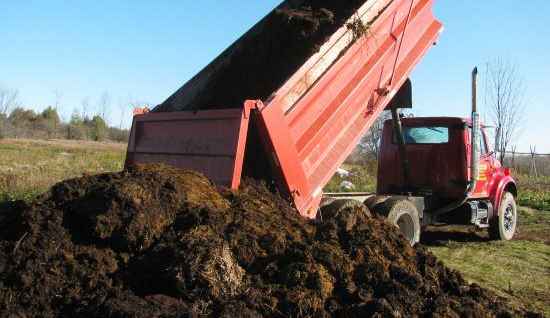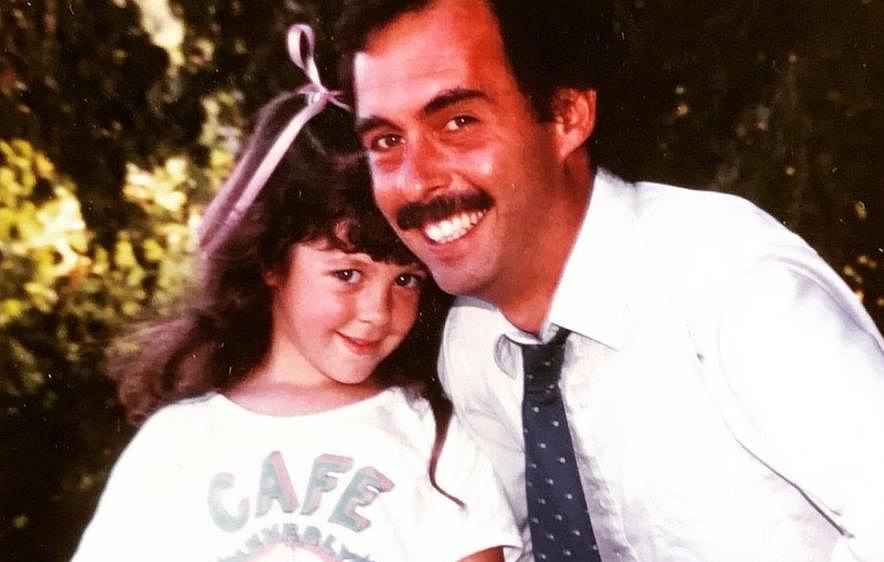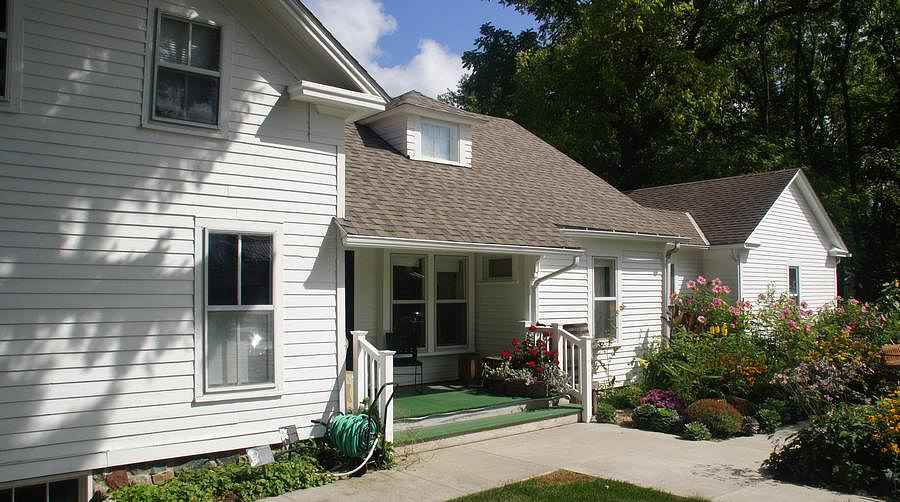






See listing of Recent and Most Popular articles on the Home Page
My World
Category: Health & Wellness / Topics: Lifestyle, General • Optimal Aging • Research • Wellness
Where Did You Grow Up?
Posted: August 15, 2020
Scientists discover a major lasting benefit of growing up outside the city…
Editor's note: I grew up on the south side of Chicago in a safe and pleasant tree-lined neighborhood, with Avalon Park a short bike ride on rutted paths across a large prarie (which later became a suburban-style subdivision, with winding streets and split level houses). Even greater exposure to nature came through Boy Scout camping trips, weeks during the summer at Bethany Beach—a colony of then-rustic cottages near Lake Michigan (a place founded to allow working-class families to get their kids out of the heat of the city and the grime of coal-fired industry and railroads)—and an occasional road trip vacation. So, I was interested to see an article by Emma Betuel of Inverse on the benefits of growing up outside the city. How does it compare with your own experience, both growing up and now? Presented here is an excerpt, with a link to the full article at the end.
The escape of a trip into mountains or a day lying by the beach may feel like an extravagance to city dwellers confined by a traditional work schedule. But exposure to green and blue spaces is far more than just a luxury. For kids, growing up without regular exposure to nature seems to have ripple effects that persist into adulthood, according to research published in International Journal of Environmental Health and Public Health.
Using data from 3,585 people collected across four cities in Europe, scientists from the Barcelona Institute for Global Health (also called IS Global) report a strong relationship between growing up away from the natural world and mental health in adulthood. Overall, they found a strong correlation between low exposure to nature during childhood and higher levels of of nervousness and feelings of depression in adulthood. Co-author Mark Nieuwenhuijsen, Ph.D., director of IS Global’s urban planning, environment and health initiative, tells Inverse that the relationship between nature and mental health remained strong, even when he adjusted for confounding factors.
“What we found is that the childhood experience of green space can actually predict mental health in later life,” Nieuwenhuijsen says. “The people that reported more exposure to nature actually have better mental health than those that don’t even after we adjust for exposure at the time of the interview, when they are adults.”
Across people in Barcelona, Spain; Doetinchem, the Netherlands; Kaunas, Lithuania; and Stoke-on-Trent in the UK, the pattern held up, suggesting a deep relationship between nature and mental health that we’re only beginning to understand.
. . . many studies have noted nature’s ability to reduce rumination, a risk factor for mental illness. Spending time in nature, Zijlema says, has been linked with increased self-esteem, quality of life, and physical activity as well as lower body mass index. In this sense, nature itself is beneficial.
These findings fold into the “biophilia hypothesis” — the idea that humans intrinsically seek out connections with nature, including exposure to green spaces. An offshoot of this idea is that nature promotes certain developmental changes in the brain, particularly in children, that may not happen when we’re removed from it. . . .
. . . The second way to interpret the results, says Nieuwenhuijsen, is to consider not the benefits of nature exposure but the disadvantages of being away from it. Polluted cities, in particular, seem to extract additional tolls on health and may actually impact cognitive development in children. Air pollution has been linked with delays in cognitive development in kids as well as psychosis in adults.
These negative aspects of being removed from nature highlight the “indirect” way that growing up in a city could have lasting effects. In other words, the way we’ve designed our cities is inherently harmful. . . .
Photo: Bailey Museum, South Haven, Michigan. Birthplace and early home of Liberty Hyde Bailey, the "father of American horticulture" and proponent of "country life."
Search all articles by Emma Betuel
Posted: August 15, 2020 Accessed 348 times
![]() Go to the list of most recent My World Articles
Go to the list of most recent My World Articles
![]() Search My World (You can expand the search to the entire site)
Search My World (You can expand the search to the entire site)
![]() Go to the list of Most Recent and Most Popular Articles across the site (Home Page)
Go to the list of Most Recent and Most Popular Articles across the site (Home Page)
 Loading requested view...
Loading requested view...